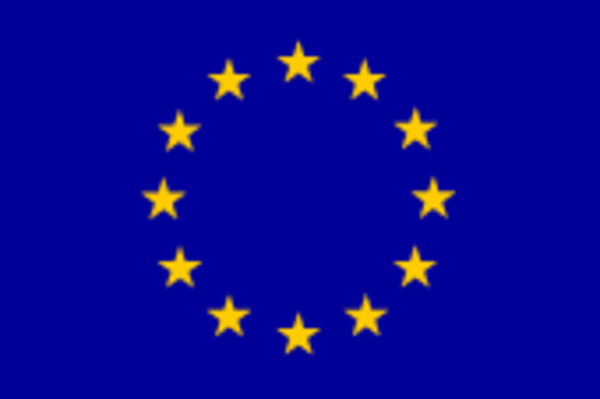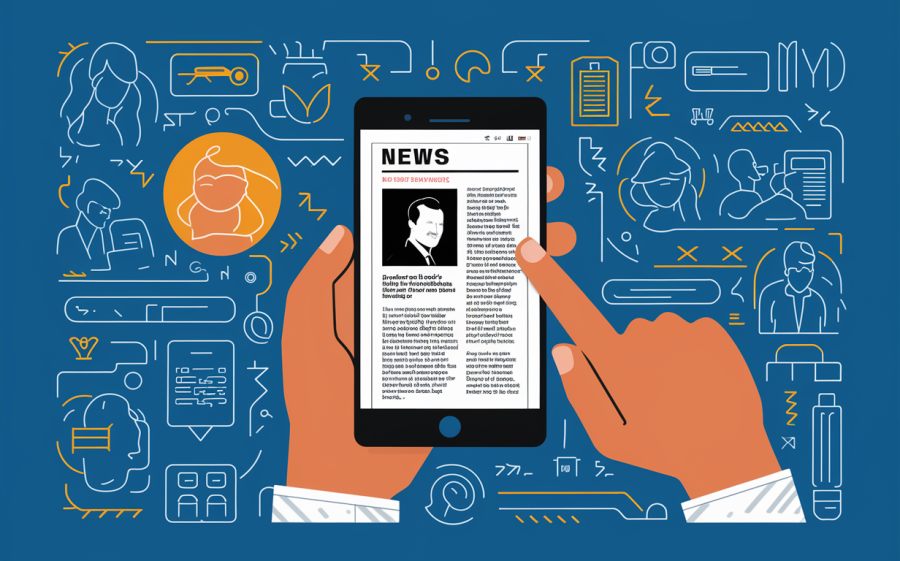A new initiative, called the “Digital Agenda” is come from on high. Well, from the EU’s European Commission, anyway. The agenda could force proprietary systems, such as the iPhone, to open up to competitors.

Officially known as the “Communication from the Commission to the European Parliament, the Council, the European Economic and Social Committee and the Committee of the Regions A Digital Agenda for Europe,” it is being spearheaded by EU Commissioner for the Digital Agenda, Neelie Kroes. In her former position as European Commissioner for Competition, Kroes was not shy about assessing fines on U.S. companies that were thought to have broken European anti-trust laws.
Section 2.2.3 of the agenda makes the following statement.
“The Commission will…propose legal measures on ICT interoperability by 2010 to reform the rules on implementation of ICT standards in Europe to allow use of certain ICT fora and consortia standards…Promote interoperability by adopting in 2010 a European Interoperability Strategy and European Interoperability Framework; Examine the feasibility of measures that could lead significant market players to license interoperability information to report by 2012.”
Daily Tech interprets the move to include Flash.
“(T)he EU may gain the power to force Apple to allow Flash onboard. It may also be able to finally force Apple to allow third-party devices — like Android smart phones, the Palm Pre, or rival MP3 players – to sync with iTunes.”
The rationale for such forced opening of proprietary technology does not seem terribly compelling. The argument seems to be basically this: A “fractured” Internet is economically less beneficial for Europeans than one which is brought into line by a governing body acting in the interest of Europeans as a whole. Therefor, companies like Apple should allow other companies access to its systems.

Many people find the exclusivity of some of these companies irritating, even counter-productive to the companies themselves. But the argument that they ought to open up because it would be better for Europe is hardly an argument at all.
First, there is no guarantee that it would be better. An open digital sector would by no means necessarily be more productive than one in which companies exist in an antagonistic relationship to one another.
Second, Apple, for all its irritating smuggery, is not the product of a governmental incubator. Why on earth does the European Commission believe the company ought to hand over its intellectual independence?
Finally, popping the back off the iPhone wouldn’t make a difference to the economy of Zimbabwe, much less the whole of Europe.
The belief, which seems inherent in the document, seems to be that economic growth can be legislated. Make the parts fit and more people will make parts. Maybe. But they run the risk of being the same parts, indifferently made. The idea that wealth can be so mandated, despite the competition and creativity necessary to produce it, seems fragile, at best.
Neelie Kroes photo by World Economic Forum





















